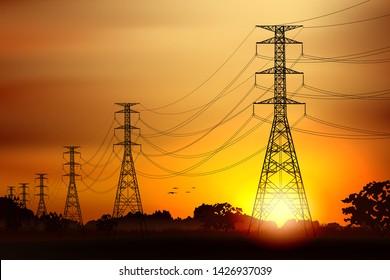ISLAMABAD: Chairman, National Electric Power Regulatory Authority (NEPRA), Tauseef H Farooqi, has said the Renewable Energy (RE) portfolio of Pakistan can be improved by including Hydro power generation in renewable energy mix.
The potential of RE in coastal areas of Karachi is lower as compared to Jhimpir and Gharo and adding RE projects based on lesser irradiance or wind speed will make them more expensive to be added to the national grid.
He said this during the public private dialogue ‘Prospects of clean energy transition along the coastal areas of Karachi: Key challenges, development strategies, and the way forward,’ organized by sustainable Development Policy Institute (SDPI), here on Tuesday.
“NEPRA is trying to de-regulate the market and investor friendly wheeling,” Mr Farooqi said while explaining that NEPRA is trying to ensure ease of doing business for investors and exploring indigenous solutions for the energy in Pakistan.
Executive Director, Pakistan-China Institute, Islamabad, Mustafa Haider Sayed, emphasized that the national grid infrastructure needs to be upgraded before utilizing the potential of renewable energy. He suggested that there should be a Joint coordination committee working on greening of China Pakistan Economic Corridor (CPEC). To ensure the compliance of international standards, capacity building of enforcing agencies such as Environmental Protection Agencies (EPAs) need to take place, he added.
Dr Irfan Afzal Mirza, CEO, Resources Limited, was of opinion that since Pakistan is going through an energy transition period, we need to look for out of the box solutions. He added further that the current water crisis of Karachi can be solved through desalination units that are integrated with wind power plants along the coastal areas of Karachi. However, Policy making should support and encourage the investments in new technologies.
Head of Energy Environment and Sustainability Research, UET Lahore, Dr Muhammad Farooq, emphasized on the importance of involving academia and other relevant stakeholders in policy making. Mr Saeed Ahmed, former Additional Secretary, Energy Department, Government of Sindh, (remarked that government’s policies regarding new technologies should be supportive as the restricted policies such as closed tariffs have halted the growth of renewable energy in Pakistan.
Arsalan Ahmed, Manager Projects, PowerChina, informed the participants that PowerChina is currently developing 1,250 MW wind projects in Jhimpir, Sindh and a Solar project of 100 MW in Punjab near Layyah. Mr Tanveer Mirza, Director Operations Coordination, UEP Wind power, while highlighting development challenges for wind power plants in Pakistan, said that Gharo is a recognized wind corridor that is receiving large investments, but the infrastructure development of coastal belt on the west of Gharo is a major hurdle.
Earlier, Dr Hina Aslam, Research Fellow, SDPI, highlighted the potential of solar and wind energy in Sindh along with different Renewable Energy power plants. Given the growth in electricity demand, a shift to renewable energy would require concerted investments in improving the grid infrastructure, and transmission lines, crucial to commensurate with the needs of energy transition in Pakistan outlook, she added.

